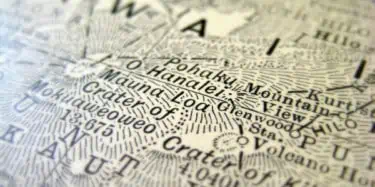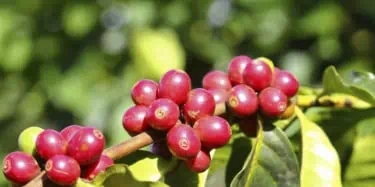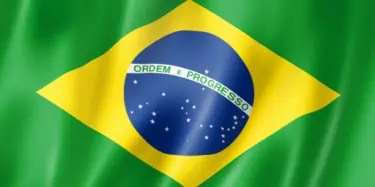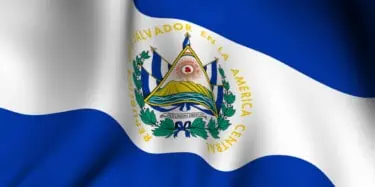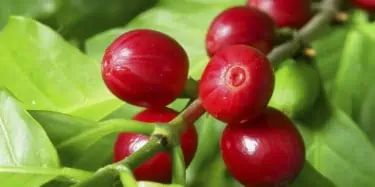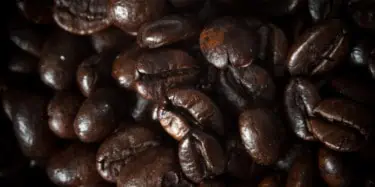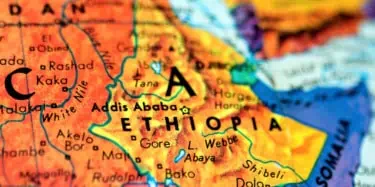The West Coast is doubtless the cradle of American espresso culture. True, Caffe Dante and Caffe Reggio were serving cappuccino in Manhattan long before the pioneering San Francisco and Berkeley caffes opened, and little storefront social clubs served espresso to domino and card players in Italian neighborhoods across the country for decades. But the whole business broke out of Italian enclaves
Tasting Reports – Most Recent
Coffee Review has published more than 250 monthly coffee tasting reports since February 1997. The most recent tasting reports appear below in reverse chronological order. You may narrow your search by category from the main navigation drop-downs or by using the key word search feature that appears in the page header. The content in tasting reports and associated reviews was correct at the time of publication but may not remain accurate over time.
Hawaiian Coffees
A blind cupping of Hawaiian coffees provokes two interesting issues: First, how good is Kona? Is it a rip-off at $ 16 a pound green and $25 to $35 per pound retail? Or is this most traditional of Hawaiian coffees simply a very fine origin that has the further good luck to be scarce and expensive? Second, how good are the "other island" coffees, the new "non-Kona" Hawaiis from Kauai and
Sumatra Coffees
Sumatra is one of the world's most distinctive coffee origins. Full-bodied, resonant, low-toned and elegantly comfortable, it attracts coffee drinkers who find the powerfully acidy coffees of Kenya and Central America too high-pitched and softer coffees like Konas, Mexicos and Brazils too delicate. Sumatra's relaxed power doesn't depend on acidity, rather on depth, weight and echoing
Brazils
For coffee insiders and aficionados a cupping of Brazilian coffees raises interesting issues. Until recently, Brazil was known as the provider of two broad classes of coffee. One, an inexpensive arabica coffee that is raised at low altitudes, stripped from the trees in a single indiscriminate picking, and sun-dried on patios so vast that the motley heaps of drying coffee fruit and leaves are moved
Mocha-Java Blends
Buying Mocha-Java blends is like listening to jazz ensembles cover Autumn Leaves; the melody may be the same but the interpretations sure aren't. Kevin Knox of Allegro Coffee tells a story from the early, pre-corporate days at Starbucks, when the company named its Mocha-Java blend "Revolutionary" Mocha-Java. Revolutionary because people were actually told what was in it. Both the enduring
Holiday Coffees 1997
Inevitably, here we go with an assortment of holiday coffees. Coffees, not blends, because some roasters now approach the holidays with the idea that their special seasonal offering doesn't need to be a unique blend, but perhaps a single-origin, unblended coffee that is offered only once during the year. Thus the cupping includes a Mexico Maragogipe from Gevalia and a special, premium Kenya from
Environment-Friendly Coffees
Of all of the behind-the-scenes debates that grumble their way through coffee cupping rooms, those that cluster around coffee and the environment mutter the loudest. Are environmentally progressive coffees simply second-rate beans masquerading under a growing lexicon of buzz words like organic, shade-grown, bird-friendly, and the latest and grandest, sustainable? Should coffee consumers be
Espresso Blends
You walk into a cafe. Ominously empty. Hopper's Nighthawks, except it's eleven o'clock in the morning. Deep down you know no one has ordered coffee for the last two hours. With noirish resolution you consider the options: urn coffee that has stewed so long flavor is a remote memory, or an espresso, which at least will be fresh. Then you peer past the barista's bicep tattoos with dull resignation
El Salvador Coffees
Neither recent history nor recent coffee books have been kind to El Salvador. In 1976 I wrote in the first edition of Coffee: A Guide to Buying, Brewing & Enjoying: "The general consensus is El Salvador coffee has a flavor somewhere between 'neutral' and 'mild.'" Twenty years later Jon Thorn in The Coffee Companion calls El Salvador coffee "balanced, if not distinctive." Between lies a trail
Decaffeinated Coffees
Imagine it's a great recording, but your tweeter and woofer are on the fritz. Judging from this issue's selection of decaffeinated coffees, the decaffeination process tends to pass the taste of fine coffee through some rather attenuated speaker systems. Top notes and bottom both tend to thin out, and even the middle ranges don't open up and resonate. Few shimmers at the top and even fewer deep
Guatemala Coffees
Guatemala is one of the world's classic coffee origins, so it seems appropriate to open the Coffee Review series of blind panel cuppings with a selection of Guatemala coffees. Eleven respected coffee professionals cupped samples of ten Guatemala coffees. The participating coffees were not identified until after the cupping was completed. The reports of the eleven cuppers form the basis of the
Supermarket Coffees
It's one of those does-the-emperor-have-no-clothes questions. When we fork out nine or ten dollars per pound for specialty coffee are we getting something clearly better in the cup than the granulated brown stuff in cans that sells for several dollars less? The question becomes even more interesting when we consider how the line between "specialty" and "commercial" coffee has blurred in recent
The Dark-Roast Controversy
In a book about coffee published in 1853 the following sentence appears: "For the New England trade a light roast is required, and for Western, a dark, or pretty full roast." Of course people in those days didn't cross the country for weekend business trips, and if anyone used the term bicoastal it doubtless described someone who commuted between west and east Manhattan. Consequently we don't
Straight Coffees from Africa
A good East African coffee has the disconcerting capacity to make coffees from other parts of the world taste rather tame. The robust wininess of a Kenya or the startling floral tones of an Ethiopian Yirgacheffe are among the grand gestures of coffee. Few East African coffees can be accused of timidity. But what do consumers actually taste when they get their bag of Kenya, Ethiopia, or Zimbabwe
House Blends
What do people get when they call a coffee retailer, confused, and ask for a good blend, something to introduce them to the world of specialty coffee? We called, and this February's coffee reviews describe what we got: a dozen interesting and rather different blends from twelve roaster-retailers. In all cases, the blend we tasted was the one recommended by the person who took the order. The












